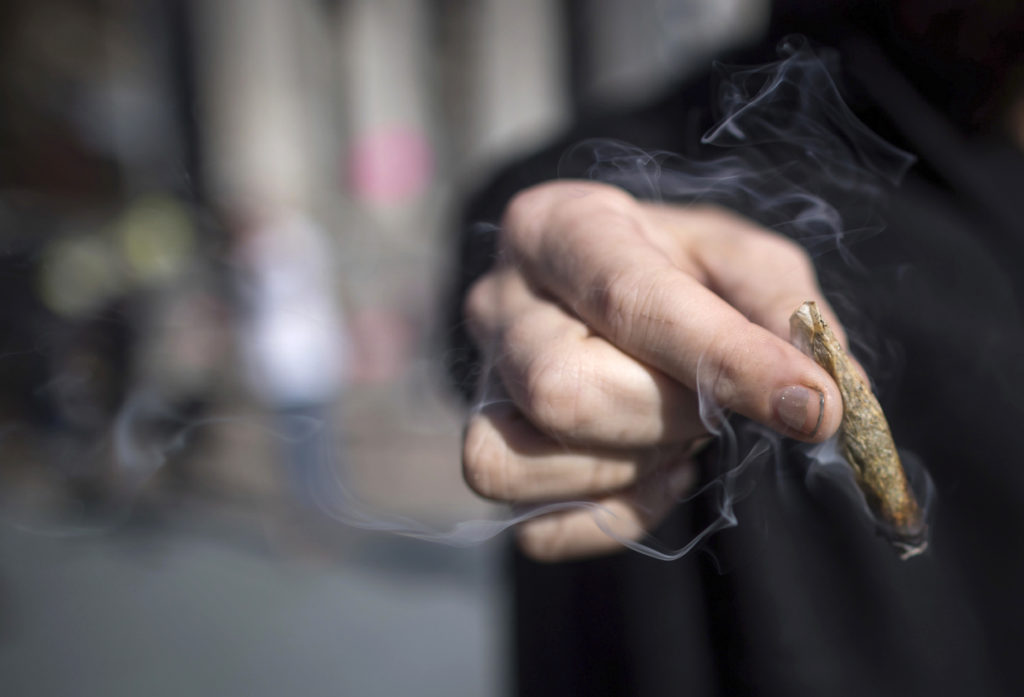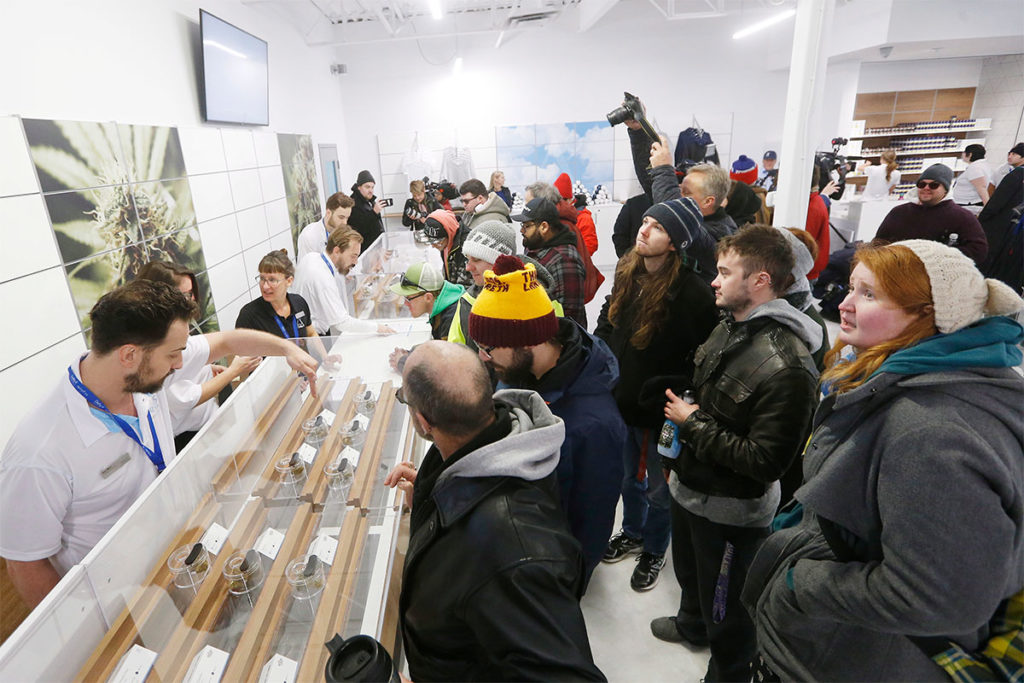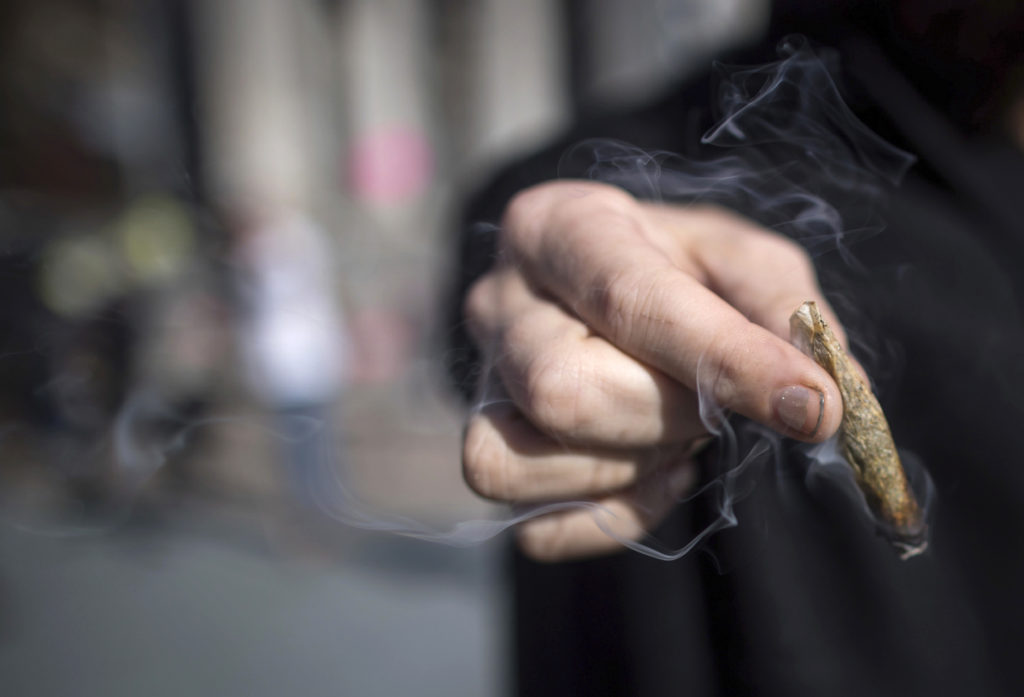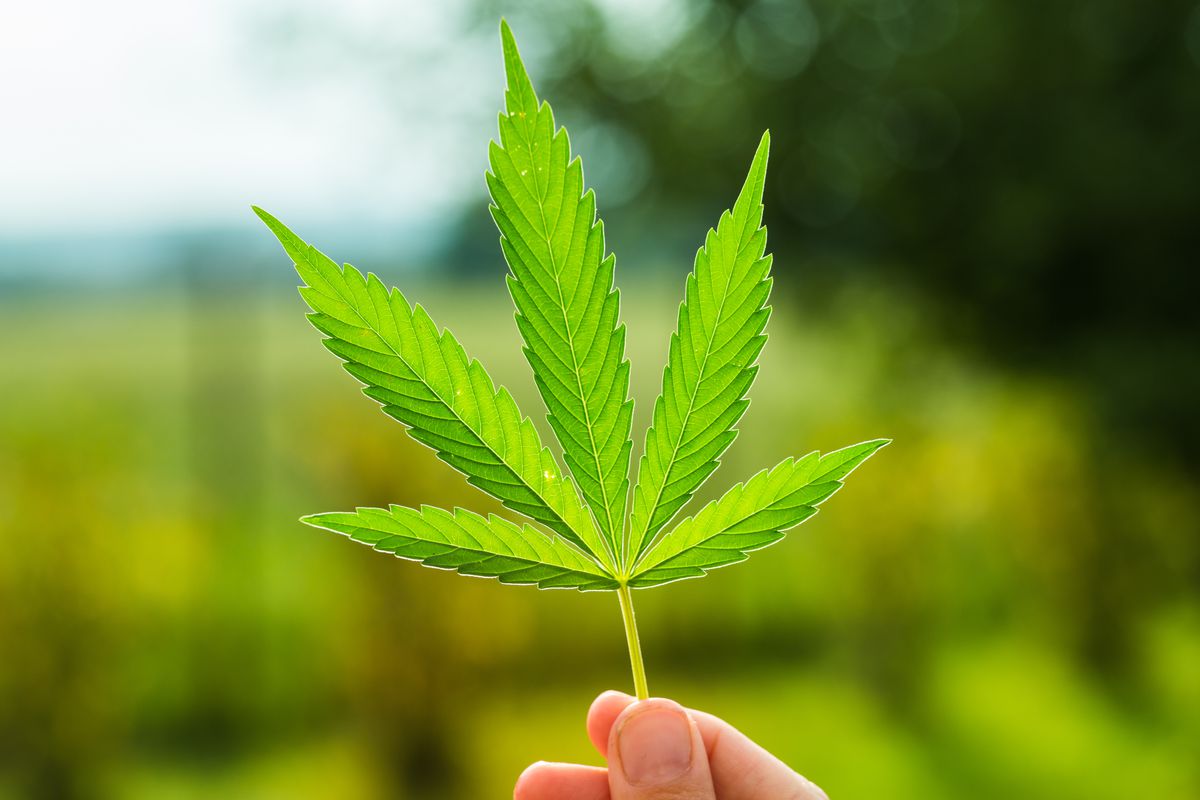By, Rob Gillies, Gene Johnson, and Tracey Lindeman
MONTREAL (AP) — Cam Battley is a top executive at one of Canada’s biggest marijuana companies, but he isn’t sticking around to savor the country’s historic pot legalization.
He’s off to Germany on Friday and Australia in late October 2018 — a sign of what a leader Canada has become in the global cannabis industry, and of the reverberations, its decision to legalize could have internationally.
“It’s a special moment, not just for Canada, but for the world because my strong conviction is that the rest of the world will follow suit,” said Battley, chief corporate officer at Aurora Cannabis. “We’re not known as wild and crazy. We’re known for good public policy and I think they will follow our lead.”
Battley will attend an investor conference in Germany and then head to Australia, which legalized medical marijuana in 2016. He’ll meet with a corporate business partner and talk with policymakers in Sydney and Melbourne.
Battley’s itinerary is indicative of the internationalization of the marijuana industry. And with national legalization taking effect Oct. 17, 2018, Canada has emerged as the world leader. It’s the second nation — and by far the largest — with countrywide legalization of so-called recreational pot.
Its deliberate approach, which took more than two years of planning, allows provinces and territories to shape their own laws within a federal framework, including setting the minimum age and deciding whether to distribute through state-run or private retail outlets. That offers other countries a model somewhere between the more strictly regulated system in Uruguay, the only other country with legal sales, and the more commercial version in some of the nine U.S. states and Washington, D.C., all of which have approved recreational marijuana.
First-mover advantage
Canada’s federal approval has given its industry a huge advantage over its American counterpart, including unfettered access to banking and billions of dollars in investment. Canadians can even order marijuana online and have products delivered by mail to their door.
That’s all made for some envy among American cannabis entrepreneurs, including Derek Peterson, the chief executive of California-based marijuana producer Terra Tech. Peterson took out a full-page ad in the Wall Street Journal in mid-October 2018 urging President Donald Trump to help ease prohibition and eliminate hurdles for the U.S. cannabis industry before Canada leaves it even farther behind.
Some in the U.S. Congress have also taken notice, pressing for the federal government to get out of the way of states that want to legalize, but it remains unclear what weight Canada’s legalization might carry south of the border.
‘Genie Out of the Bottle’
It might have a more immediate effect in countries such as New Zealand, where the government has promised a legalization referendum by 2020, said John Walsh, of the advocacy group Washington Office on Latin America. Mexico, the Netherlands, and Italy are among other nations that have been mulling legalization. To the surprise of many familiar with Amsterdam’s marijuana cafes, the Netherlands has only very limited legalization.

Dasi Menakadasi holds a joint Oct. 17, 2018, while celebrating the first day of legalization of recreational cannabis in Vancouver, British Columbia, Canada. (The Canadian Press/Darryl Dyck)
“This is the genie out of the bottle,” Walsh said. “Because of Canada’s reputation for being fairly careful, for being a good global citizen, and because of the scale of their market, it’s a more likely example for other countries.”
Battley said he expects the global recreational market to develop much as the medical market has done. Canada legalized medical marijuana nationally in 2001.
“Once you see Grandma and Uncle Ted using medical cannabis to manage their arthritis pain, suddenly the substance is not so scary and not so stigmatized,” he said. “That opens up the space for countries to move forward with consumer legalization as well. I think Canada is at the forefront of a global megatrend.”
‘Cannada Day’ is a Hit
Many customers celebrating Oct. 17, 2018, certainly thought so. Festivities erupted throughout the nation of 37 million.

Customers check out the selection at a marijuana shop in Winnipeg, Manitoba, on Oct. 17, 2018, the first day cannabis could be purchased for recreational use in Canada. (The Canadian Press/John Woods)
In Alberta, lines snaked around some of the 17 legal shops that opened Oct. 17, 2018,, including an Edmonton branch of Fire and Flower, a company that hopes to open as many as 200 marijuana outlets across the country in the next two years. Fire and Flower Chief Executive Trevor Fencott brought his wife and three children — ages 16, 13 and 6 — for the opening, even though the kids were too young to go inside.
“They can’t come in the store, but they can see the line, see this important moment in Canadian history,” Fencott said. “Legalization is about daylighting a lot of stuff that used to be in the shadows. Our kids are going to inherit this system, for better or worse, and I thought it was important for them to see this sea change in Canadian society.”















